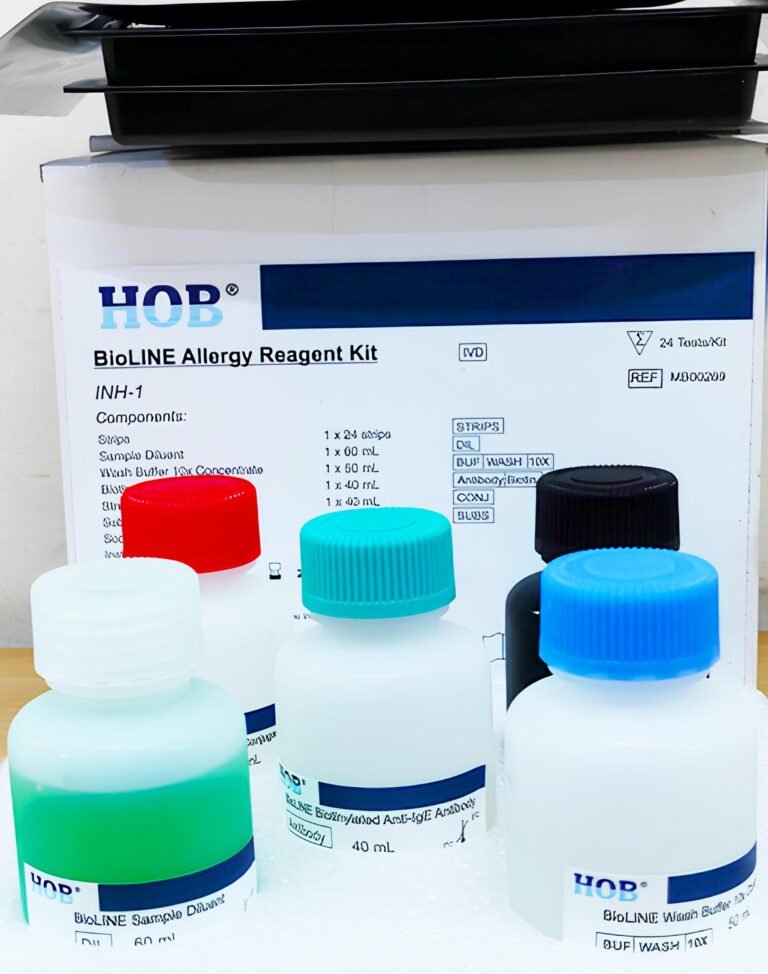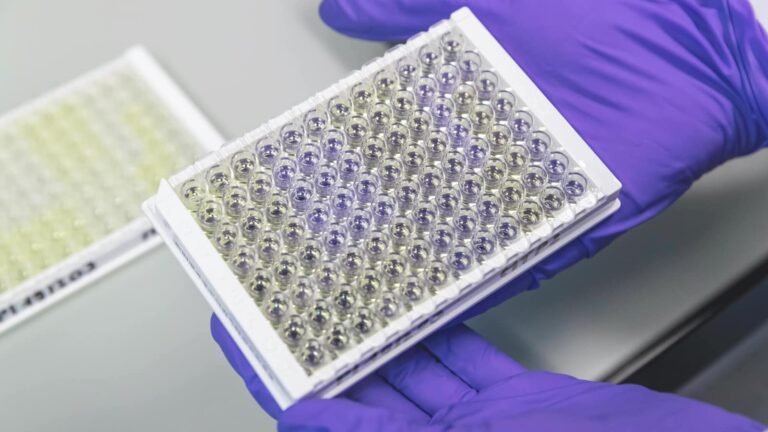Understanding Vasculitis and the Role of Auto-Immune Kits
Vasculitis is a group of rare and complex disorders characterized by inflammation of blood vessels, which can lead to a range of symptoms and potential complications. These conditions result from an autoimmune response, where the body’s immune system mistakenly attacks its own blood vessels. Autoimmunity test kits play a crucial role in diagnosing vasculitis and understanding the underlying autoimmune mechanisms driving the disease. In this article, we will explore vasculitis, its types, symptoms, and the importance of autoimmunity test kits in its diagnosis.
What is Vasculitis?
Vasculitis, also known as angiitis or arteritis, refers to the inflammation of blood vessels, both large and small. This inflammation can cause damage to blood vessel walls, leading to reduced blood flow, tissue damage, and a variety of symptoms depending on the affected organs.
Types of Vasculitis
Vasculitis can be classified into different types based on the size of the blood vessels affected and the organs involved:
Large Vessel Vasculitis: Examples include Giant Cell Arteritis (GCA) and Takayasu’s Arteritis, affecting the aorta and its major branches.
Medium Vessel Vasculitis: Conditions like Polyarteritis Nodosa primarily impact medium-sized arteries, often affecting the skin, nerves, and internal organs.
Small Vessel Vasculitis: This category includes disorders like Granulomatosis with Polyangiitis (GPA, formerly Wegener’s granulomatosis), Microscopic Polyangiitis (MPA), and Eosinophilic Granulomatosis with Polyangiitis (EGPA). Small vessel vasculitis can involve the kidneys, lungs, skin, and other organs.
Symptoms of Vasculitis
Vasculitis symptoms can vary greatly depending on the type of blood vessels affected and the organs involved. Common symptoms include:
1. Fever
2. Fatigue
3. Weight loss
4. Muscle and joint pain
5. Skin rashes and sores
6. Nerve problems (numbness, tingling)
7. Organ-specific symptoms (vision changes, difficulty breathing, kidney problems)
Diagnosing Vasculitis with Autoimmunity Test Kits
Diagnosing vasculitis can be challenging due to its wide range of symptoms and the rarity of some forms of the disease. This is where autoimmunity test kits play a crucial role. These kits detect the presence of specific autoantibodies or markers produced by the immune system in response to the autoimmune attack on blood vessels. By identifying these markers, healthcare professionals can better understand the nature of the autoimmune response and confirm the presence of vasculitis.
Importance of Autoimmunity Test Kits
Early Detection: Early diagnosis of vasculitis is essential for preventing complications and providing timely treatment. Autoimmunity test kits enable healthcare providers to detect the disease in its early stages, even before severe symptoms manifest.
Accurate Diagnosis: Vasculitis symptoms can overlap with other conditions, making accurate diagnosis challenging. Test kits help differentiate vasculitis from other disorders, allowing for precise treatment planning.
Treatment Guidance: Different types of vasculitis may require different treatment approaches. Identifying the specific markers through autoimmunity test kits helps healthcare professionals tailor treatment strategies for each patient.
Monitoring Disease Progression: Autoimmunity test kits are valuable for tracking the progression of the disease and the effectiveness of treatment over time.
Conclusion Vasculitis is a complex group of disorders that arise from an autoimmune response targeting blood vessels. Early diagnosis and accurate identification of the specific type of vasculitis are crucial for effective management and prevention of complications. Autoimmunity test kits provide healthcare professionals with vital information to diagnose vasculitis, guide treatment decisions, and monitor disease progression. If you suspect you may have vasculitis or experience symptoms related to autoimmune disorders, seeking medical advice and proper testing is essential for timely intervention and improved quality of life.







